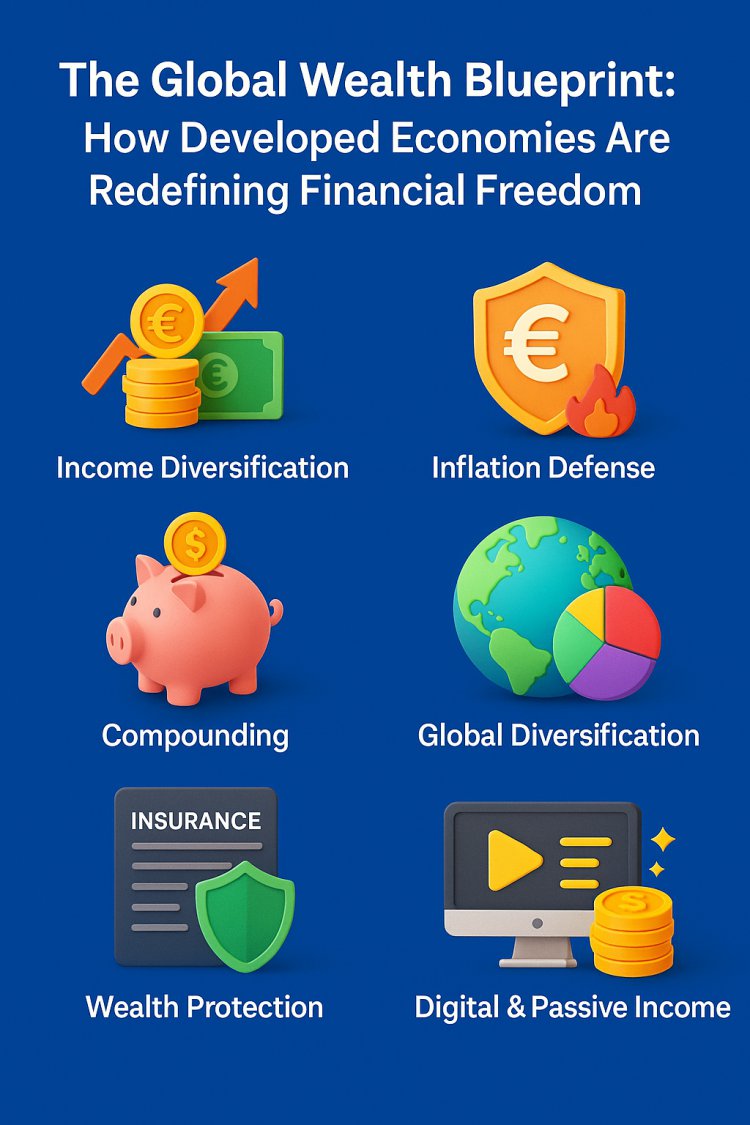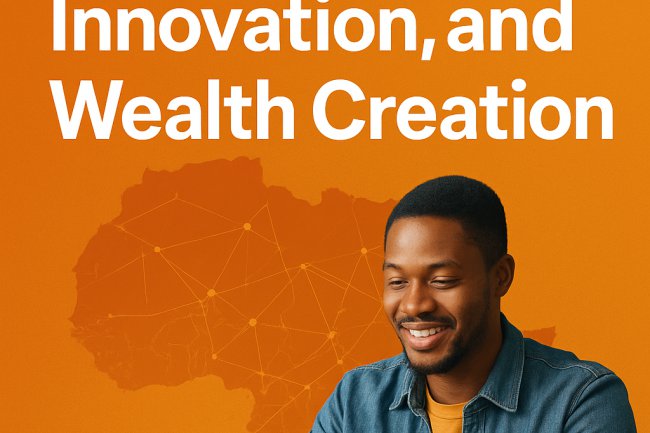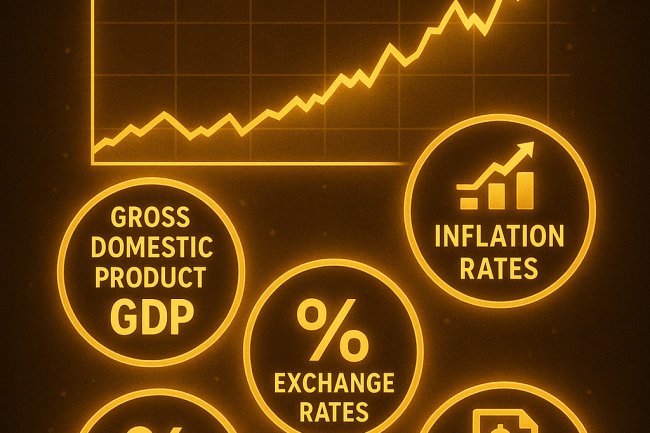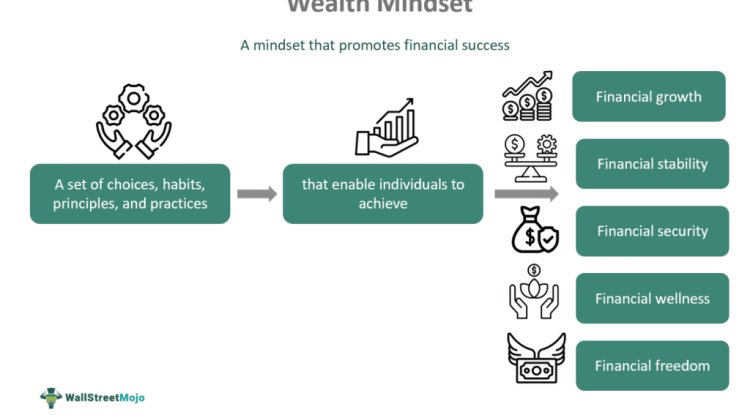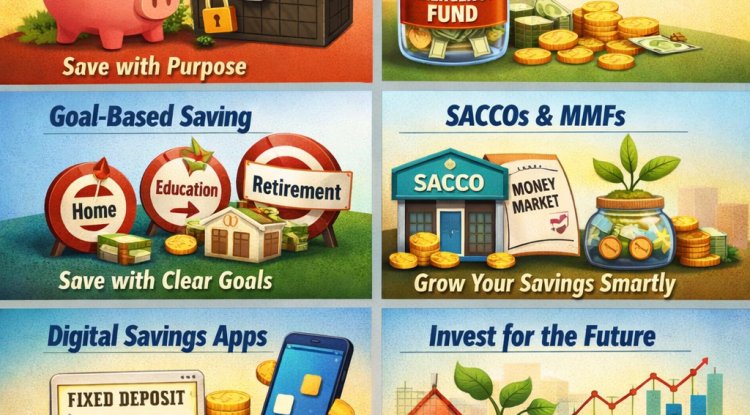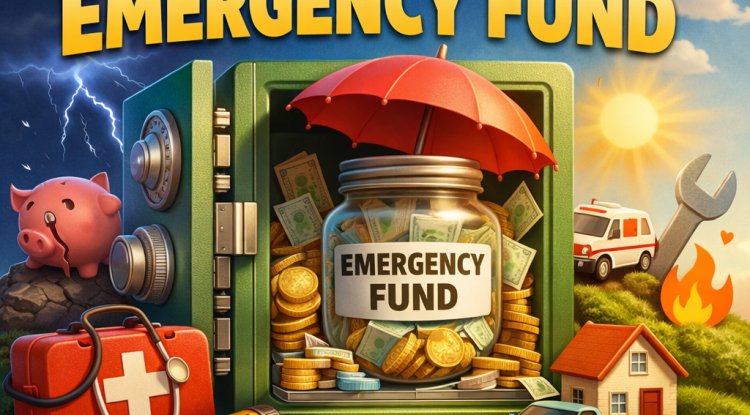The Global Wealth Blueprint: How Developed Economies Are Redefining Financial Freedom
Discover modern wealth strategies for the U.S., U.K., and Europe—compounding, inflation defense, and global diversification for financial freedom.
Introduction: A Changing Financial Landscape
If the last two decades have taught us anything, it’s that wealth creation is no longer bound by geography, profession, or even traditional finance systems. From Wall Street in New York to the financial districts of London, Milan, and Frankfurt, investors are rewriting the rules. At the same time, families and individuals are realizing that financial literacy—not just high income—is the ultimate key to financial freedom.
The challenge? Even in developed economies, where opportunities are abundant, people often find themselves stuck in the “earn–spend–debt” cycle. Despite higher wages, lifestyle inflation, mounting debts, and lack of strategy leave many middle-class earners vulnerable. Meanwhile, savvy investors are using timeless wealth principles—adapted to today’s digital and global markets—to stay ahead.
This blog dives deep into the modern wealth blueprint for developed countries, highlighting strategies that apply globally, with practical case studies, numbers, and timeless lessons.
1. From Salary Dependence to Income Diversification
The Old Model vs. The New Model
Traditionally, financial security in developed nations was tied to stable employment, pensions, and homeownership. But in today’s economy:
-
Jobs are less secure.
-
Housing is increasingly unaffordable (e.g., median home price in the U.S. now exceeds $400,000).
-
Pensions are shrinking or disappearing.
Wealth builders in developed economies are shifting to multi-stream income strategies:
-
Primary income: Career or business
-
Secondary streams: Real estate, dividend stocks, royalties
-
Digital income: E-commerce, affiliate marketing, blogs, and YouTube channels
Example: A professional in London earning £60,000 annually who reinvests 20% of their income into an S&P 500 index fund and builds a side income through digital products could be financially independent within 15 years.
2. Compounding: The Millionaire’s Silent Partner
In both developed and emerging economies, compounding is non-negotiable. What sets wealthy individuals apart is not higher intelligence, but the discipline of time.
Consider:
-
Invest $500/month for 25 years at 8% returns → $472,000
-
Wait 10 years to start? You’ll only have $202,000
This difference—$270,000 lost—is the price of delay. Wealthy families in the U.S. and Europe make investing automatic, using retirement accounts like:
-
401(k)/IRA (U.S.)
-
ISAs & SIPPs (U.K.)
-
Pension funds (EU nations)
Instead of “saving for what’s left,” they “invest first, spend later.”
3. Inflation & Wealth Erosion in Developed Economies
Many assume inflation is only a problem in developing nations. Yet, recent years have shown inflation rates hitting:
-
9%+ in the U.K. (2022)
-
8.2% in the U.S. (2022 peak)
-
Eurozone above 10%
The result? Even wealthy households are losing purchasing power. To combat this, investors are allocating into:
-
Treasury Inflation-Protected Securities (TIPS)
-
Commodities & Gold
-
Real estate in inflation-resilient markets
-
Dividend stocks that grow faster than inflation
Rule: Cash = Safety, but not Growth. Keep enough for liquidity (3–6 months), but let the rest fight inflation.
4. The Global Diversification Edge
A U.S. investor focused only on the S&P 500 or a Brit relying solely on the FTSE 100 risks missing global growth.
Wealth builders today diversify across regions:
-
Developed markets (U.S., U.K., Germany, Japan) for stability
-
Emerging markets (Kenya, India, Vietnam) for growth
-
Alternative assets like real estate, private equity, and digital assets
Example: A portfolio split of 50% developed equities, 20% real estate, 15% emerging markets, 10% bonds, 5% commodities provides growth, stability, and inflation protection.
5. Defense Before Offense: Protecting Wealth
True wealth management is about protection before multiplication. High-net-worth families in developed nations prioritize:
-
Insurance: Health, life, disability, and liability coverage
-
Estate planning: Wills, trusts, foundations
-
Tax optimization: Using deductions, retirement accounts, and tax-advantaged funds
???? Case Study: A U.S. family with a $5M estate avoids a potential 40% estate tax by using trusts—saving heirs $2M.
6. Digital Assets & Passive Income
From California to Berlin, the digital revolution is reshaping wealth creation. Unlike traditional assets, digital opportunities require low upfront capital but offer global reach.
Examples include:
-
Content platforms: Blogs, YouTube, TikTok monetization
-
Affiliate marketing: Earning commissions from platforms like Amazon Associates
-
Digital real estate: Buying premium domains or building niche websites
-
Crypto & DeFi: Allocating small, calculated portions of a portfolio into blockchain-based assets
This is where you—through your blog—are already tapping into the next wave of global wealth creation.
7. The Psychology of Money: Why Developed Nations Struggle
Ironically, one of the biggest challenges in developed countries isn’t lack of money—it’s overconfidence and overspending. The culture of credit cards, “buy now pay later,” and social pressure creates hidden debt traps.
Key psychological shifts for financial freedom:
-
Delayed Gratification – Choose investing over instant consumption.
-
Wealth > Status – Assets > liabilities (own rental property, not just a luxury car).
-
Focus on Net Worth, Not Salary – A $200,000 salary with $180,000 expenses is poorer than a $60,000 salary with $20,000 invested yearly.
8. The Rise of ESG & Impact Investing
In developed economies, wealth is increasingly tied to values. Investors want returns and impact. ESG (Environmental, Social, Governance) investing is growing at record speed.
Examples:
-
Funds prioritizing renewable energy, clean tech, and ethical governance.
-
Investors backing sustainable African startups while hedging risks with developed market assets.
Wealthy families are realizing that profit and purpose can co-exist.
9. Generational Wealth & Legacy
Wealthy families in the U.S., U.K., and Europe don’t just think about today—they plan for three generations ahead.
-
They use trusts to ensure wealth transfer.
-
They create Family Limited Partnerships (FLPs) to manage businesses across heirs.
-
They instill financial education early to prevent “shirtsleeves to shirtsleeves in three generations.”
Teaching children money lessons early is a form of inheritance stronger than money itself.
10. Action Plan: Your 12-Step Wealth Framework
-
Track your numbers (income, expenses, net worth)
-
Build a budget aligned to long-term goals
-
Create an emergency fund (3–6 months)
-
Pay off high-interest debt first
-
Invest early and consistently (retirement funds, index funds)
-
Diversify across global assets
-
Insure and protect your family
-
Control lifestyle inflation
-
Automate finances (investing + savings)
-
Build secondary income streams
-
Educate your children about money
-
Think legacy, not just lifestyle
Conclusion: Wealth Has No Borders
Financial freedom in developed economies is not about out-earning inflation or chasing status—it’s about strategy, discipline, and global perspective.
Whether you’re in New York, London, Milan, or Johannesburg, the rules are the same:
-
Own more assets than liabilities.
-
Diversify beyond your local economy.
-
Protect before multiplying.
-
Teach the next generation.
Final Thought: The best time to start building wealth was yesterday. The second-best time is today. Don’t wait—start now.
Call-to-Action:
For more in-depth financial strategies and global wealth insights, subscribe to my newsletter at Wealth Insights Global and learn how investors in both developed and emerging markets are shaping their financial future.
What's Your Reaction?







